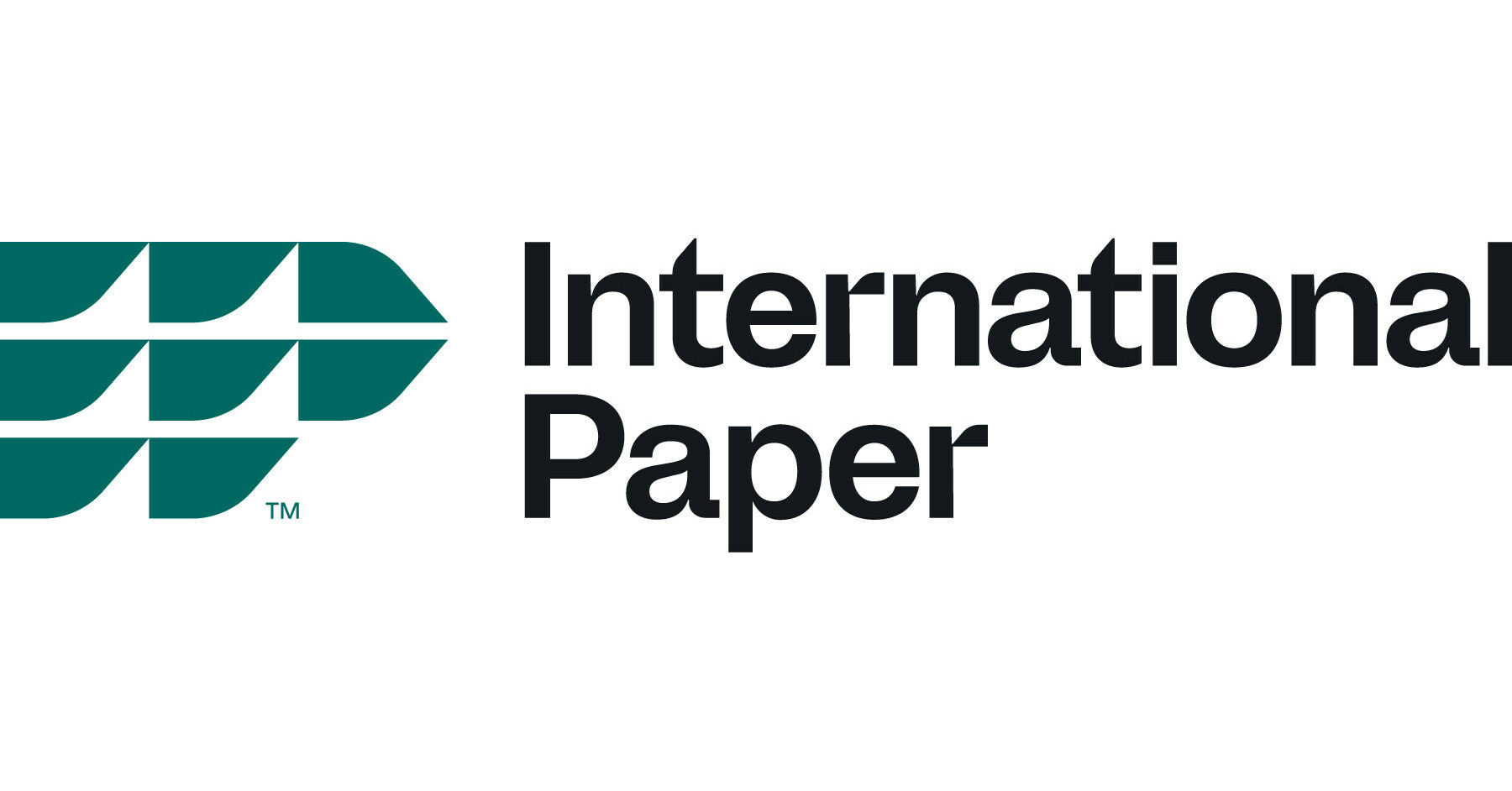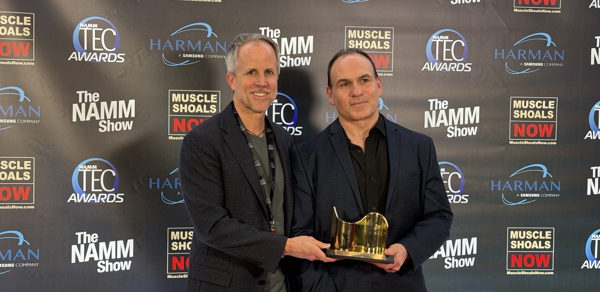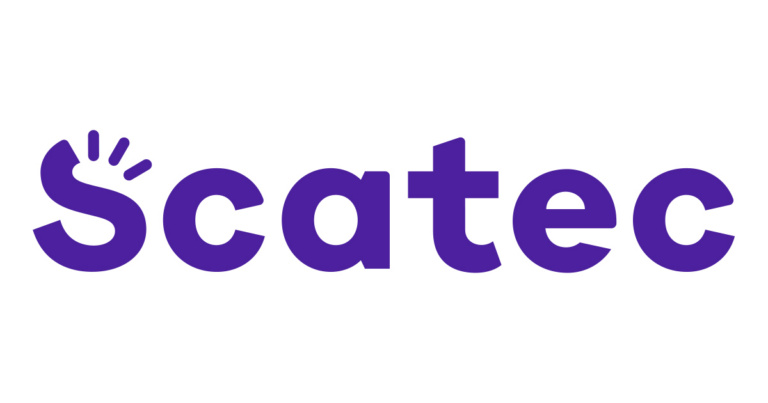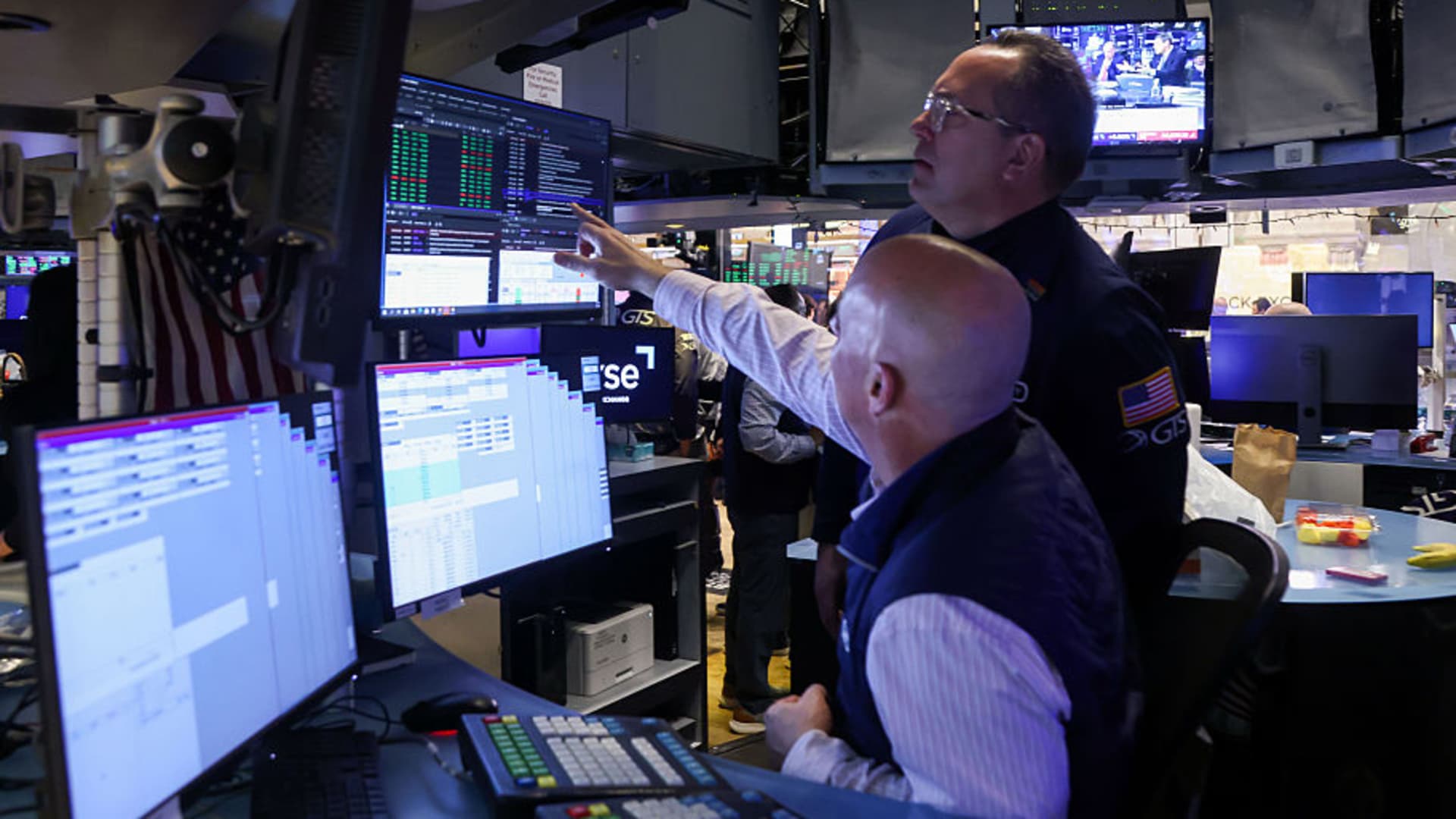- Fitch Revises Turkiye’s Outlook to Positive; Affirms at ‘BB-‘ Fitch Ratings
- Erdoğan says citizens to feel decrease in cost of living more | Daily Sabah dailysabah.com
- Turkey Lowers Key Interest Rate to 37% in Fifth Straight Cut Bloomberg.com
- Turkish Central Bank Slows Pace of Rate Cuts as Food Inflation Picks Up – WSJ The Wall Street Journal
- Türkiye threads cautiously on easing in 2026 amid price pressures China.org
Category: 3. Business
-
Fitch Revises Turkiye's Outlook to Positive; Affirms at 'BB-' – Fitch Ratings
-

International Paper Completes Sale of Global Cellulose Fibers Business to American Industrial Partners (AIP)
MEMPHIS, Tenn., Jan. 23, 2026 /PRNewswire/ — International Paper (NYSE: IP; LSE: IPC), a global leader in sustainable packaging solutions, has completed the sale of its Global Cellulose Fibers (GCF) business to funds affiliated with American Industrial Partners (AIP). As part of the sale agreement, AIP acquired the GCF business for $1.5 billion including the issuance to International Paper of preferred stock with an aggregate initial liquidation preference of $190 million.
The GCF business creates safe, high-quality pulp for a wide range of applications such as towel and tissue products, diapers, feminine care, incontinence and other personal care products that promote health and wellness. In addition, its specialty pulp serves as a sustainable raw material used in construction materials, paints, coatings and more. The GCF segment of International Paper generated $2.8 billion in revenue in 2024, including contributions from mills that have since closed. The business operations sold to AIP generated approximately $2.3 billion in revenue in 2024 excluding the revenue from closed mills. The business has 3,300 employees globally, nine manufacturing facilities and eight regional offices.
About International Paper
International Paper (NYSE: IP; LSE: IPC) is the global leader in sustainable packaging solutions. With company headquarters in Memphis, Tennessee, USA, and EMEA (Europe, Middle East and Africa) headquarters in London, UK, we employ more than 65,000 team members and serve customers around the world with operations in more than 30 countries. Together with our customers, we make the world safer and more productive, one sustainable packaging solution at a time. Net sales for 2024 were $18.6 billion. In 2025, International Paper acquired DS Smith creating an industry leader focused on the attractive and growing North American and EMEA regions. Additional information can be found by visiting internationalpaper.com.SOURCE International Paper
Continue Reading
-

Anlotinib Plus Chemotherapy Shows Promising Results in Advanced Soft Tissue Sarcoma
A new first-line therapy treating patients with
soft tissue sarcoma (STS)—combining anlotinib maintenance with chemotherapy—demonstrated favorable safety and efficacy in a single-arm, phase 2 trial, supporting further evaluation in randomized clinical trials, according toa recent study published in Clinical Cancer Research.1Targeted Therapy Meets Chemotherapy in Advanced STS
Patients with advanced STS have a considerably low 5-year survival rate. Doxorubicin, an anthracycline-based chemotherapy, is the current first-line therapy standard, but it has not improved prognoses for those with advanced STS. 1 Prior research has investigated the combination of therapies combining chemotherapy with targeted or immune-based inhibitors with some success.2 Angiogenesis inhibitors plus chemotherapy, specifically the human monoclonal antibody onartuzumab plus doxorubicin, showed negative results in early trials. However, this trial found that anlotinib, an oral multitarget tyrosine kinase inhibitor, plus an anthracycline and ifosfamide demonstrated an objective response rate (ORR) of 30.8% and a disease control rate (DCR) of 82.7%.1
Comparatively,
previous trials like phase 2 of the SAINT study (NCT03138161 ) assessing trabectedin, a DNA-binding chemotherapy, plus ipilimumab and nivolumab, immune checkpoint inhibitors, demonstrated encouraging safety and efficacy with an ORR of 24.7% and a DCR of 82.5%.2 These findings suggest that targeted or immune-based inhibitors combined with chemotherapy may benefit and improve progression-free survival (PFS) and overall prognoses in patients with advanced STS.This study enrolled 52 patients with histologically confirmed, unresectable, locally advanced, or metastatic high-grade STS and a mean age of 49.1 years. Patients received 4 to 6 cycles of combination therapy to be repeated every 21 days. Twelve mg of anlotinib was administered orally once daily on days 1 through 14, followed by anthracyclines: either 40 mg of epirubicin on days 1 and 2 or 30 mg of liposomal doxorubicin on day 1, administered intravenously. Lastly, patients would receive 2 mg of ifosfamide intravenously on days 1 through 3.
Patients were monitored between December 2021 and June 2024 and assessed for ORR, DCR, PFS, overall survival (OS), and treatment-related adverse events (TRAEs).
Of the patients included in the study, 45 (86.5%) had stage IV metastatic disease, and 7 (13.5%) had locally advanced disease. There were 29 (55.8%) patients who received liposomal doxorubicin and 23 (44.2%) who received epirubicin, both combined with ifosfamide. Thirteen patients did not reach the maintenance stage of the study due to progressive disease, intolerable toxicities, and switching to other therapies.
Strong Response and Disease Control Rates Observed
The ORR was 30.8% (95% CI, 18.7%-45.1%), the DCR was 82.7% (95% CI, 69.7%-91.8%), and the median PFS was 6.2 months (95% CI, 2.62-11.17). Across the different subtypes of STS, there were 13 cases (25%) with synovial sarcoma (SS). The ORR was 46.2% (95% CI, 23.2%-70.9%), and the DCR was 100% (95% CI, 77.2%-100.0%).
There were 11 cases (21.2%) with undifferentiated sarcoma (UDS). The ORR was 45.5% (95% CI, 16.8%-76.6%), and the DCR was 72.7% (95% CI, 39.0%-94.0%). Cases with SS and UDS had a median PFS of 7.3 months (95% CI, 4.4-NE and 95% CI, 0.8-11.2, respectively).
Safety Profile and Treatment Tolerability
The most frequently reported TRAEs were nausea, fatigue, hypoalbuminemia, anemia, lymphocytopenia, and leukopenia. Only 2 severe AEs were recorded: reduction in left ventricular ejection fraction and intestinal obstruction. Both patients recovered.
This study was limited by its single-arm design and small sample size, which may have restricted comparisons with standard therapy and may have limited generalizability. Although follow-up was sufficient for short- to intermediate-term outcomes, longer observation is needed to assess long-term toxicity and survival.
“First-line therapy combining anlotinib with anthracyclines and ifosfamide, followed by anlotinib maintenance, demonstrates promising efficacy and acceptable tolerability in patients with advanced STS,” the study authors concluded. “Our data provide preliminary evidence. Further studies with larger sample sizes, or even randomized controlled trials, are needed to evaluate the efficacy and safety of this combination therapy.”
References
1. Zhao J, Liu Z, Wang R, et al. First-line anlotinib plus anthracyclines and ifosfamide followed by anlotinib maintenance in advanced soft tissue sarcoma: a phase II single-arm trial. Clin Cancer Res. 2026;32(1):76-82. doi:10.1158/1078-0432.CCR-25-2487
2. Shaw ML. First-line combo yields strong results in advanced sarcoma. AJMC®. September 20, 2024. Accessed January 23, 2026. https://www.ajmc.com/view/first-line-combo-yields-strong-results-in-advanced-sarcoma
Continue Reading
-

United States: Four IRS Notices Address OBBBA Ambiguities | Insight
In brief
In early December, Treasury and the IRS released four notices (Notice 2025-72, Notice 2025-75, Notice 2025-77, and Notice 2025-78), announcing forthcoming proposed regulations that would address international tax law changes regarding the transition from the provisions of the Tax Cuts and Jobs Act (TCJA) to those of the One Big Beautiful Bill Act (OBBBA). Written comments on Notice 2025-72 are due on January 24, while comments on Notices 2025-75 and 2025-78 are due February 2. Notice 2025-77 does not include requests for comments.
Key takeaways
- Notice 2025-72 addresses certain foreign tax accrual timing issues that arise from the short one-month 2025 taxable year created by the OBBBA’s repeal of the One-Month Deferral Election in section 898(c)(2), which is relevant for Controlled Foreign Corporations (CFCs) that previously made the deferral election.
- Notice 2025-75 provides guidance under the transition rule the OBBBA included in its changes to the section 951(a) pro rata share rule, limiting an acquiring US shareholder’s ability to reduce its pro rata share of the CFC’s subpart F or tested income for dividends the CFC makes prior to an acquisition in 2025.
- Notice 2025-77 provides guidance clarifying that only distributions of PTEP arising from inclusions by a US shareholder as Net CFC Tested Income (NCTI) in taxable years ending before June 28, 2025 are subject to section 960(d)(4), requiring taxpayers to track pre- and post-06/28/25 previously taxed earnings and profits (PTEP) groups for compliance.
- Notice 2025-78 addresses technical questions that have arisen since the OBBBA’s changes to exclude intangible property sales and sales of certain depreciable and amortizable property from qualifying as Foreign‑Derived Deduction Eligible Income (FDDEI) eligible under section 250.
Click here to access the full “United States: Four IRS Notices Address OBBBA Ambiguities“.
Additional authors
Continue Reading
-

Sennheiser MD 421 Kompakt Awarded 41st Annual NAMM TEC Award for Technical Achievement
Anaheim, California, Jan 23, 2025 — Audio specialist Sennheiser today announced that the MD 421 Kompakt, a compact version of the legendary MD 421 dynamic microphone, has received the 41st Annual NAMM TEC Award for Outstanding Technical Achievement. Selected by a panel of industry professionals and a broader vote of pro audio peers, the award recognizes the MD 421 Kompakt’s ability to deliver iconic large-diaphragm performance in a modernized, multipurpose form factor.
The MD 421 Kompakt introduces a streamlined approach to miking, retaining the legendary capsule and sonic DNA of the MD 421-II while significantly reducing the physical footprint. By eliminating the traditional bass roll-off switch — a function now standard in modern mixing desks and DAWs — Sennheiser has created a highly versatile tool optimized for high-density stages and tight studio setups, such as toms, guitar cabs, and horns.
The microphone features a cardioid pick-up pattern and remarkable dynamic range, engineered to handle exceptionally high sound pressure levels in demanding environments. Beyond its sonic performance, the MD 421 Kompakt features an entirely redesigned, integrated mounting clip that addresses long-standing user feedback, providing a fail-safe mounting solution for performers and technicians. This technical recognition at the 41st TEC Awards highlights the microphone’s utility in modern live production and recording applications.
“The MD 421 is a true audio icon, and with the MD 421 Kompakt we continue its legacy while solving real-world challenges for today’s stages and studios,” said Jimmy Landry, Global Category Market Manager, MI at Sennheiser. “Being recognized by the TEC Awards at NAMM celebrates both our heritage and our commitment to exceptional sound.”
The TEC Awards recognize technical innovations in recordings, live performances, and multimedia. Now in its 41st year, the program honors the products and individuals that contribute to the advancement of audio technology.
NAMM TEC Award for Sennheiser MD 421 Kompakt.docx
DOCX – 10 Mb
Download
NAMM TEC Award for Sennheiser MD 421 Kompakt.pdf
PDF – 350 Kb
Download
Continue Reading
-

Quantum Tech Scale-Up: Lessons from Founders, Funders & Experts
Transmitting information to us by e-mail unilaterally does not establish an attorney-client relationship or impose an obligation on either the law firm or even the receiving lawyer to keep the transmitted information confidential. By clicking “OK,” you acknowledge that we have no obligation to maintain the confidentiality of any information you submit to us unless we already represent you or unless we have agreed to receive limited confidential material/information from you as a prospective client. Thus, if you are not a client or someone we have agreed to consider as a prospective client, information you submit to us by e-mail may be disclosed to others or used against you.
If you would like to discuss becoming a client, please contact one of our attorneys to arrange for a meeting or telephone conference. If you wish to disclose confidential information to a lawyer in the firm before an attorney-client relationship is established, the protections that the law firm will provide to such information from a prospective client should be discussed before such information is submitted. Thank you for your interest in Foley Hoag.
Continue Reading
-

Six questions shaping the investment landscape
In November, we published our 2026 macro outlook centered on six essential questions shaping the investment and market landscape. We highlighted a dynamic backdrop: uneven but resilient growth, technology driving productivity with profitability still being tested and interest rates diverging across regions. One month in, markets remain multi-dimensional. Returning to these same questions — and staying anchored in data — helps cut through the noise and focus on where risks and opportunities are shifting.
Continue Reading
-

Scatec awarded 25-year PPA for 120 MW solar power plant in Tunisia – Scatec Group
Oslo/Tunis, 23 January 2026: Scatec ASA, a leading renewable energy solutions provider has been awarded a 25-year Power Purchase Agreement (PPA) with Tunisian state utility Société Tunisienne de l’Electricité et du Gaz (STEG) for a 120 MW solar power plant (Tataouine) in Tunisia. The PPA was awarded in a government tender to support Tunisia’s ambitious renewable energy targets and enhancing the country’s energy security.
“Tataouine strengthens our platform in Tunisia and reflects our ability to scale through repeatable, high-quality opportunities in our growth markets. With long-term contracted revenues and a capital-efficient development model, this project supports our strategy for profitable, self-funded growth,” says Terje Pilskog, CEO of Scatec.
The total capital expenditure (capex) for the project is estimated at EUR 80 million and will be financed by a combination of non-recourse debt and equity. Scatec currently owns 100% of the project and will invite equity partners to reduce its ownership stake. Scatec is further in dialogue with selected financial institutions for debt financing of the project. The total financing structure will be communicated at financial close which is expected in the first half of 2027.
Scatec will be the designated Engineering, Procurement and Construction (EPC) provider with an EPC scope of approximately 80% of capex, and will provide Asset Management (AM), and Operations & Maintenance (O&M) services once the plant is operational.
Continue Reading
-

Fresnillo Q4 2025 production report preview: 28 January 2026
While the company does not present earnings in the traditional quarterly profit-and-loss sense, its production and operational metrics are closely watched by investors because they are the leading indicators of revenue and profitability in subsequent financial results.
Strong half-year 2025 performance sets benchmark
In its half-year 2025 results for the six months ended 30 June 2025, Fresnillo recorded a substantial improvement in profitability, with profit for the period rising sharply (up nearly 300% percent year-on-year (YoY) to United States (US)$467.6 million), reflecting the combined impact of higher precious metals prices, strong gold production and disciplined cost control.
The group grew total revenue by about 30 percent in the first half (H1) of 2025 versus H1 2024 and declared a 20.8 US cent interim dividend, underpinned by robust free cash flow and the company’s dividend policy.
Since improved cost performance and higher metals prices during 2025 supported profitability, investors will be wondering whether this strong momentum will continue in 2026 at a time when gold and silver prices are trading in or close to record highs.
Key themes for the upcoming trading statement
Investors will be looking for several key themes in the early 2026 trading update that will shape their assessment of Fresnillo’s operational performance. Given the central role of metal prices in translating physical production into financial performance, commentary on realised prices in the latter part of the year – especially for silver and gold – will be important, as price volatility, currency movements and hedging can materially affect revenue outcomes.
The trends in ore grades and volumes processed at Fresnillo’s major mines will also draw focus, particularly if changes in production mix reflect improved access to higher-grade zones or the impact of mine sequencing on short-term output.
Another critical point will be any additional detail on the Silverstream contract and its contribution or reduction in attributable silver output, as Fresnillo has been evaluating legacy arrangements that can have asymmetric effects on reported production metrics. This contract has historically complicated production reporting.
Operational cost trajectories – including energy, labour and treatment charges – will also be scrutinised, because cost efficiency is a key determinant of margin capture in precious metals operations.
Forward guidance and strategic priorities
Beyond the production figures themselves, investors will watch for management’s forward operational commentary and priorities for 2026 and beyond. Fresnillo has underscored safety as a central focus and continues to pursue efficiencies across its portfolio.
Any insight into exploration progress, longer-term project pipelines or new asset investments could colour expectations for future growth, especially as the company balances near-term production stability with long-term reserve replacement.
Production metrics to monitor
Several specific metrics will provide crucial insight into operational performance:
- Total silver production versus full-year guidance
- Gold output and comparison with prior year performance
- Ore grades at key mines
- Lead and zinc byproduct production levels
- All-in sustaining costs (AISC) and cost efficiency trends
Precious metals price environment
The precious metals price environment significantly influences Fresnillo’s revenue despite physical production being the primary operational focus. Silver and gold prices have been rising sharply through 2025 and early 2026, driven by multiple factors including monetary policy expectations, geopolitical tensions and investment demand.
Strategies on how to trade gold have become increasingly popular as investors seek portfolio diversification and inflation hedges.
Recent share price performance
Market sentiment ahead of the January trading update has been positive, reflecting confidence in Fresnillo’s operational execution. Fresnillo’s share price is trading in record highs and outperforms the broader FTSE 100 index, reflecting broader strength in precious metals equities and investor confidence in Fresnillo’s 2026 guidance underpinned by stable production and disciplined cost management.
This strong share price performance sets high expectations for the upcoming trading statement. Any disappointment relative to guidance could trigger profit-taking, whilst results meeting or exceeding expectations may support further gains.
Precious metals mining shares often trade based on underlying commodity price expectations as much as company-specific fundamentals. Fresnillo benefits from both operational leverage to metals prices and its operational track record.
The company’s valuation reflects premium pricing compared with some mining peers, justified by its position as the world’s largest primary silver producer and consistent operational delivery. The upcoming Q4 sales and revenue releaqse will test whether this valuation premium remains warranted.
Competitive positioning in precious metals sector
Fresnillo occupies a unique position within the global precious metals mining sector. Its focus on primary silver production differentiates it from gold-focused miners and diversified mining companies with precious metals exposure.
The company’s Mexican asset base provides geographic concentration that brings both benefits and risks. Established operations, infrastructure and expertise create competitive advantages, but political and regulatory risks are concentrated in a single jurisdiction.
Scale matters in mining, and Fresnillo’s position as the world’s largest primary silver producer provides cost advantages and market influence. The company’s substantial production volumes give it meaningful presence in global silver markets.
Commodity trading dynamics in precious metals markets influence investor sentiment towards producers. Strong physical demand and supportive pricing environments enhance the attractiveness of mining equities like Fresnillo.
Cost management in mining operations
Cost management represents a critical challenge for mining companies globally and will be a key focus of Fresnillo’s Q4 report. Energy costs, labour expenses and consumables pricing all impact operating margins and profitability.
All-in sustaining costs (AISC) provide the most comprehensive measure of mining cost efficiency, incorporating direct production costs, sustaining capital expenditure and other operating expenses. Fresnillo’s AISC trends indicate management’s effectiveness in controlling costs.
Safety and operational excellence
Safety performance remains paramount for mining companies from both ethical and operational perspectives. Fresnillo has emphasised safety as a core priority, and the Q4 report may include commentary on safety metrics and initiatives.
Operational excellence extends beyond safety to encompass reliability, throughput optimisation and asset utilisation. Consistent operational performance supports predictable production and helps meet guidance targets.
Mining operations face inherent geological and technical risks including grade variability, ground conditions and equipment reliability. How effectively Fresnillo navigates these operational challenges impacts production consistency.
The company’s track record of meeting production guidance builds credibility with investors and supports confidence in forward-looking targets. Any significant variances from guidance would likely be scrutinised carefully for underlying causes.
What the production report means for investors
In sum, the 28 January 2026 production report will serve as a key indicator of Fresnillo’s operational health at the close of 2025, setting expectations ahead of its preliminary full-year financial results. A stable or improved production outcome – especially in silver and gold – alongside constructive cost commentary could reinforce confidence in the company’s ability to navigate price volatility and deliver value through its diversified portfolio.
Conversely, material deviations from guidance or unexpected operational issues could prompt reassessment of near-term earnings prospects in a sector where physical output is the primary driver of value.
The report will also provide context for assessing 2026 guidance and medium-term production outlook.
Fresnillo analyst ratings and technical analysis of its share price
Fundamental analysts hold a neutral stance on Fresnillo, assigning a long-term consensus price target of 2941.23p, which suggests approximately 27% downside from current levels as of 23 January 2026.
Fresnillo LSEG Data & Analytics chart
Continue Reading
-

Stock market today: Live updates
Traders work during the BitGo initial public offering (IPO) on the floor at the New York Stock Exchange (NYSE) in New York, US, on Thursday, Jan. 22, 2026.
Michael Nagle | Bloomberg | Getty Images
Stock futures fell slightly after the major averages posted back-to-back gains on easing geopolitical fears.
Dow Jones Industrial Average futures traded lower by 92 points, or 0.2%. S&P 500 futures lost 0.1%, while Nasdaq-100 futures shed 0.2%.
Shares of Nvidia and Advanced Micro Devices rose more than 1% and about 3%, respectively, in early trading. The moves come as people familiar with the matter told CNBC that Nvidia CEO Jensen Huang is planning to visit China in the coming days.
Intel shares, in contrast, tumbled 13% after the chipmaker reported a disappointing first-quarter outlook.
The major averages rallied for a second session as investors were appeased by news of easing trade tensions and geopolitical risk. The Dow Jones Industrial Average advanced more than 300 points, or 0.6%. The S&P 500 added roughly 0.6%, and the tech-heavy Nasdaq Composite rose 0.9%. The small-cap Russell 2000 closed at a record.
Stocks began their rebound on Wednesday after President Donald Trump called off his threatened tariffs on the imports of eight European nations, set to start Feb.1. The president’s move came after Trump announced that he and NATO Secretary General Mark Rutte reached a “framework of a future deal with respect to Greenland.”
Trump had also told CNBC on Wednesday that “we have a concept of a deal” with the Arctic island. To be sure, Greenland Prime Minister Jens-Frederik Nielsen said on Thursday he doesn’t know what’s in the “framework” deal that Trump announced, and stressed that any such deal must respect Greenland’s sovereignty and territorial integrity.
“Details on the agreement are sparse and the geopolitical spat over the island could resurface, but investors are taking relief from the quick progress towards a deal following significant market turbulence at the start of the week,” said James McCann, senior economist at Edward Jones.
He also pointed to the recent surge in gold prices. Gold futures settled at another record on Thursday.
“Interestingly, while risk assets are rebounding, gold is holding onto most its gain over recent days, continuing a strong run for this precious metal amid increasing bouts of geopolitical uncertainty, concerns over the long-term trajectory of the U.S public finances and increasing political pressure on the Federal Reserve,” McCann added.
Gains on Wednesday and Thursday erased the Dow’s losses from earlier in the week. The 30-stock Dow is up less than 0.1% on the week. However, the S&P 500 and Nasdaq are on track for their second negative week in a row, down 0.4% and 0.3%, respectively.
Continue Reading